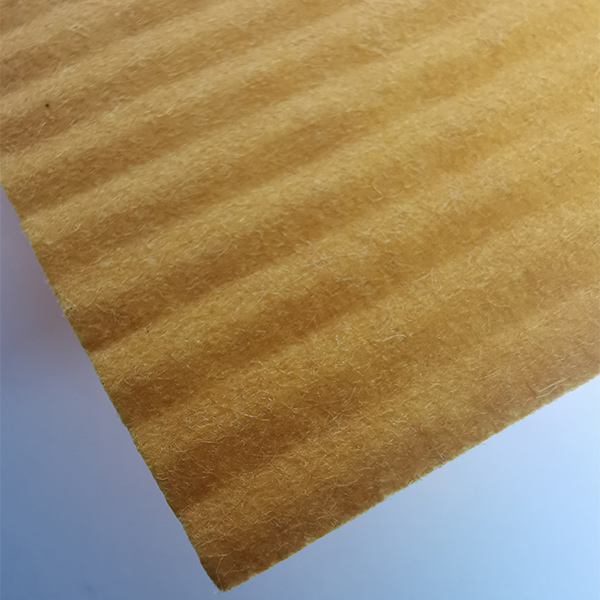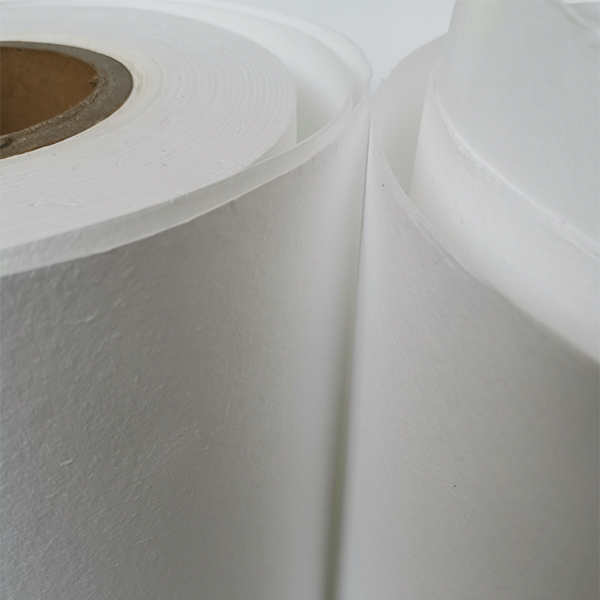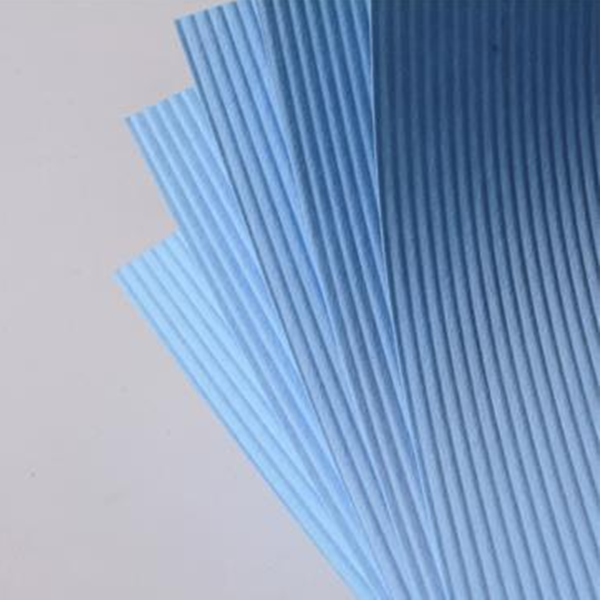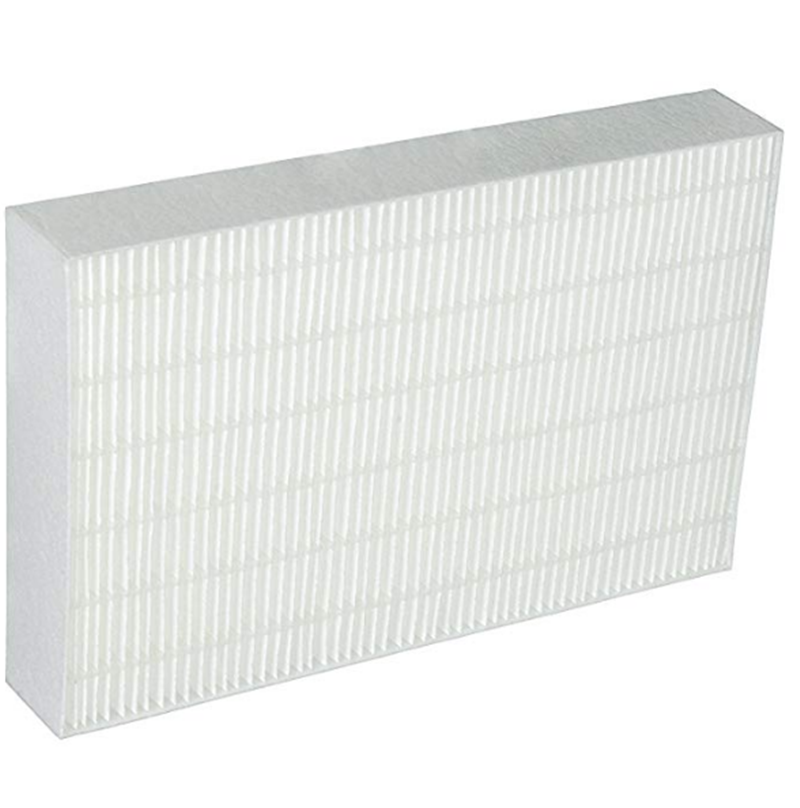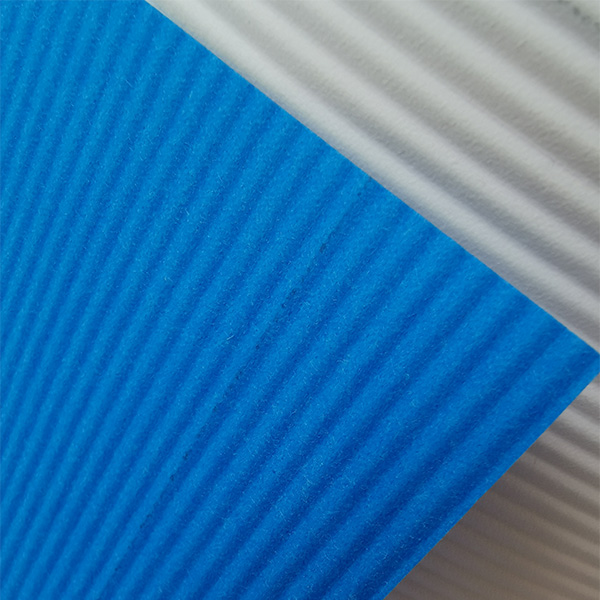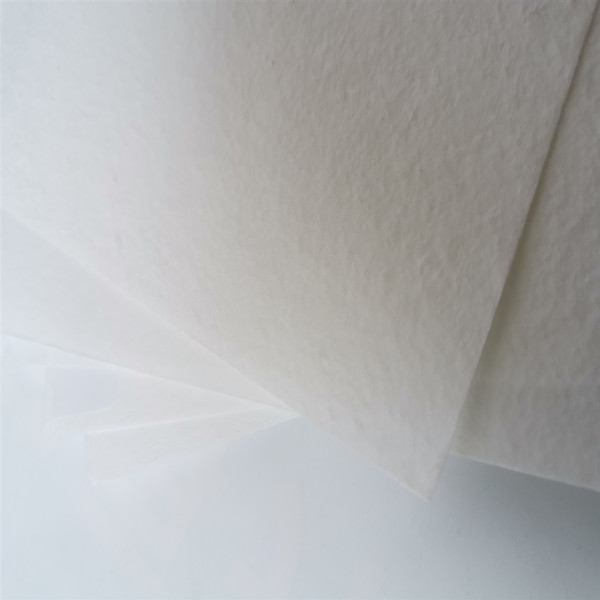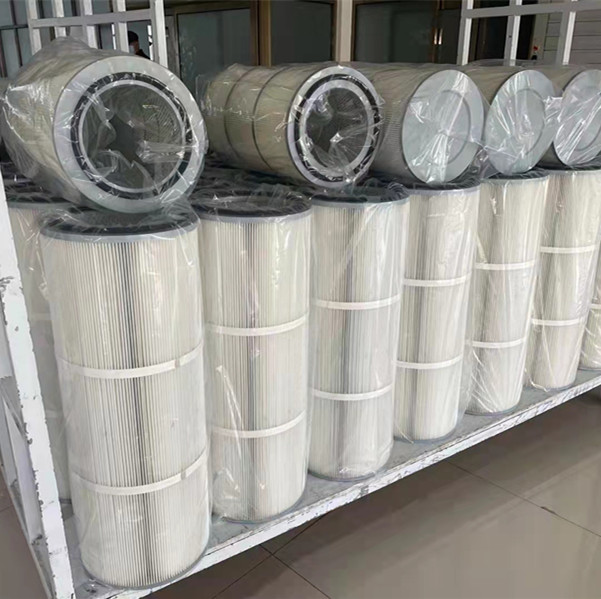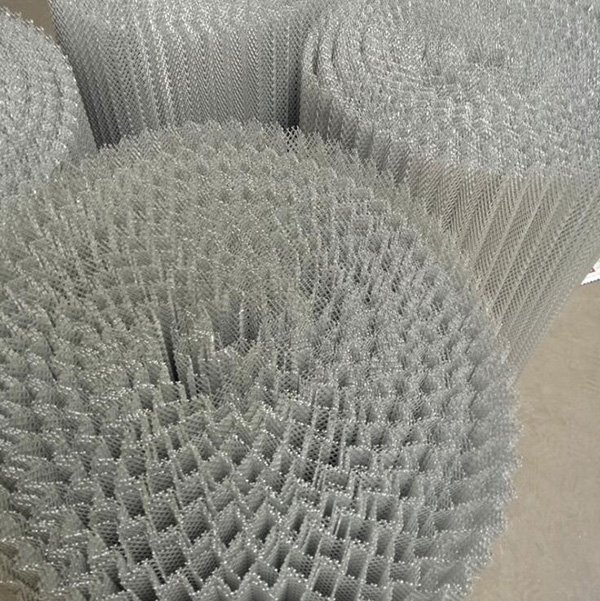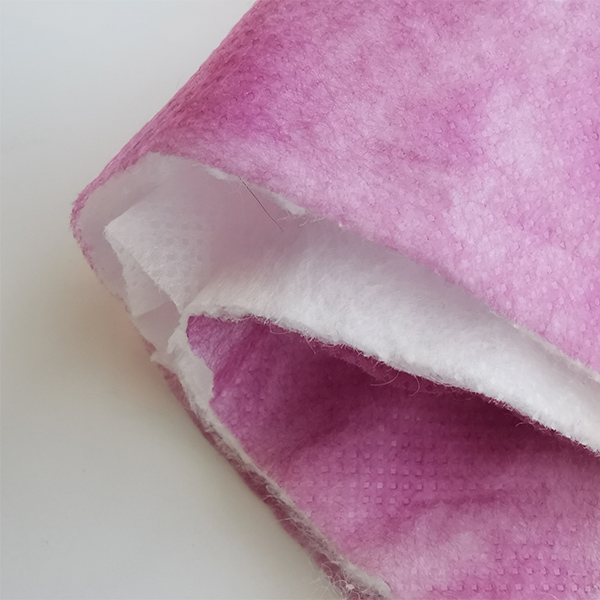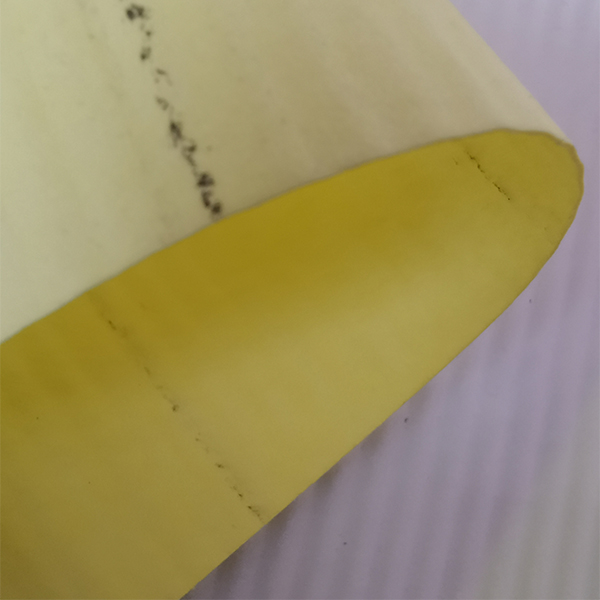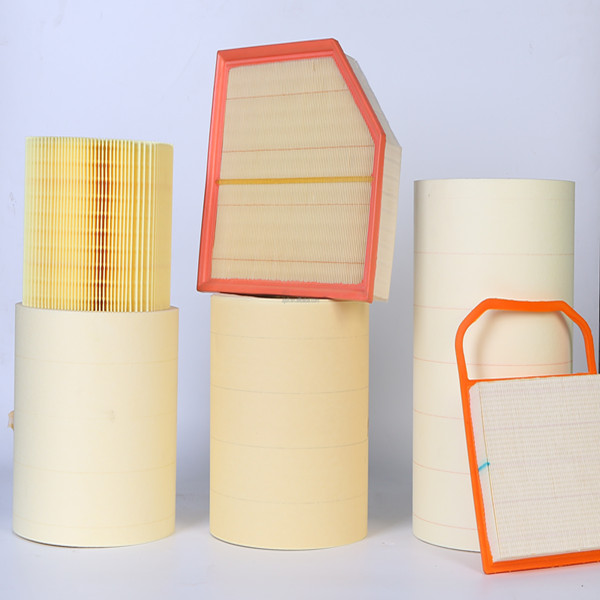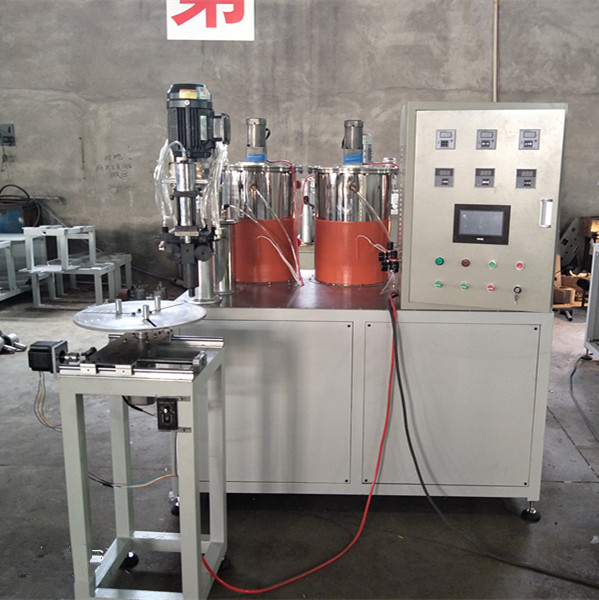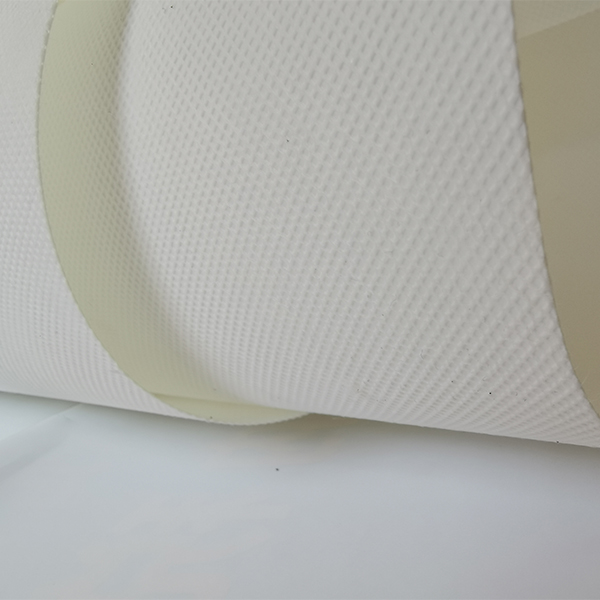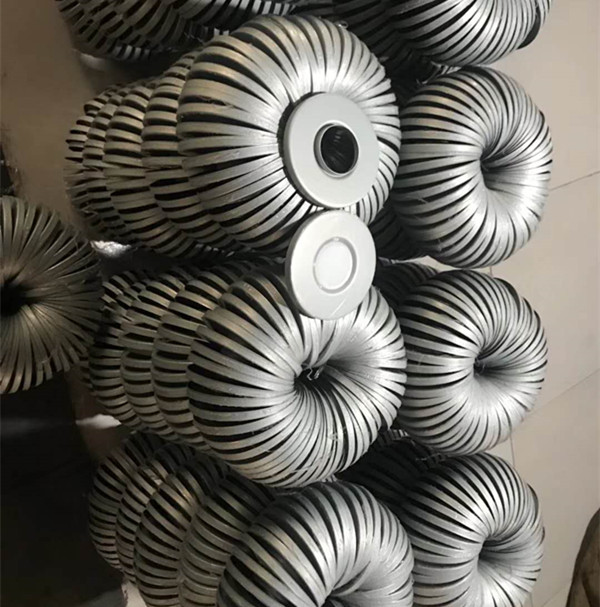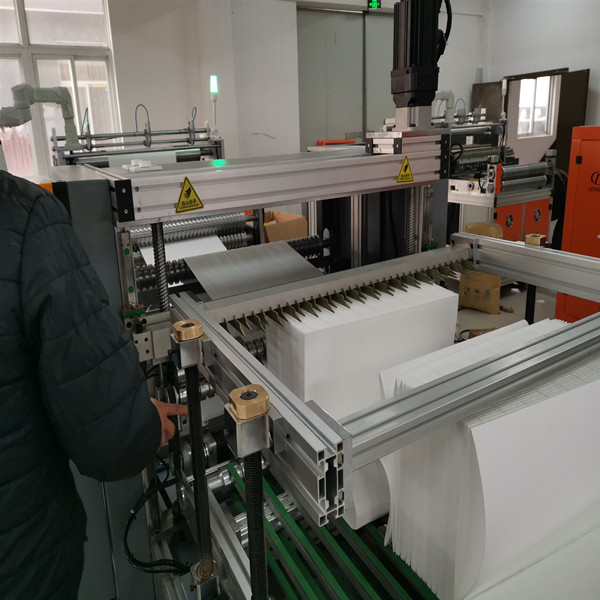The Unsung Hero of Filtration: Understanding the Sintered Mesh Filter
Filtration might not be the star of every industrial conversation, but believe me, the sintered mesh filter is playing a crucial role worldwide. From clean water projects in remote villages to high-tech manufacturing plants, these filters quietly tackle some pretty tough problems. In a world thirsty for sustainable solutions and precise industrial processes, understanding what a sintered mesh filter brings to the table is more than just niche knowledge — it’s a vital piece of the global puzzle.
So why does it matter globally? Well, according to the World Health Organization, around 2 billion people still lack safely managed drinking water. Industrial filtration systems, like sintered mesh filters, help purify, protect, and sustain these resources, reducing contamination risks and enhancing operational efficiency. More on how that happens in a moment.
Why the Sintered Mesh Filter is a Game Changer in Modern Industry
The global filtration market is expected to grow steadily (projected by MarketsandMarkets) — and sintered mesh filters are at its heart. These filters solve challenges ranging from water purification to gas separation, critical for industries that can’t afford slack standards. When contamination, fine particulates, or corrosive materials jeopardize product quality or safety, reliance on these sintered filters is often the difference between success and failure.
Not to wax too technical just yet, but think of sintered mesh filters like tiny robust nets — created by bonding powder metals through controlled heat without melting them entirely. This structure makes them uniquely porous, durable, and adaptable, ideal for modern demands.
What Exactly Is a Sintered Mesh Filter?
In simple terms, a sintered mesh filter is a filter made up of layers of metal or ceramic particles pressed and fused together below their melting point. This process creates a porous, rigid mesh that traps particles based on size — kind of like a super-precision sieve that’s tough enough to last years under harsh conditions.
Its relevance goes beyond just industrial jargon. Think about humanitarian efforts where water purification equipment must withstand remote, rough environments. Or think of microelectronics manufacturing, where contaminants down to microns can spoil entire batches. The sintered mesh filter’s reliability under pressure, heat, or corrosive chemicals makes it indispensable.
Core Components That Define Sintered Mesh Filter Performance
Durability
These filters withstand extreme environments — high temperature, chemical exposure, mechanical stress — without losing integrity. A sintered metal mesh resists wear far better than fabric or polymer filters, making it a favorite in oil refining and aerospace.
Precision Filtration
The pore size of sintered filters is customizable, ranging from microns to nanometers. This flexibility means industries can tailor filters precisely to their needs — whether for trapping dust, bacteria, or fine particulates in liquids and gases.
Corrosion Resistance
Choosing materials like stainless steel or specialty alloys means filters won’t degrade quickly. This boosts longevity and cuts replacement costs, vital for remote operations where maintenance is tricky.
Scalability
Producers can make sintered mesh filters in various sizes and shapes, from tiny disks for lab equipment to large cartridges for industrial systems. This versatility opens doors across sectors.
Cost Efficiency
While the initial investment might be higher than fabric filters, the extended life span and reduced downtime usually tip the balance — especially when reliability is non-negotiable.
How Sintered Mesh Filters Are Used Around the World
This technology’s footprint is vast and diverse:
- Water Treatment Plants: Many developing countries integrate sintered mesh filters into filtration units to improve drinking water quality, reducing waterborne diseases.
- Oil & Gas Industry: Filters protect sensitive equipment and improve fuel purity in refineries worldwide.
- Pharmaceutical Manufacturing: Controlling particle contamination is mission-critical to drug safety; these filters do the exacting job.
- Food & Beverage: Ensuring product consistency means filters must not compromise flavor or safety—here, sintered mesh excels.
- Post-Disaster Relief: In crises, mobile water purification systems often rely on these filters to provide safe water almost immediately.
Oddly enough, a lot of NGOs and remote clinics swear by these filters’ durability when other options fail, particularly in tropical or desert climates.
Summary: Why These Filters Matter
The sintered mesh filter solves real-world challenges by offering reliability, customization, and longevity. Whether safeguarding communities from unsafe water or streamlining industrial output, it’s a quiet but powerful player.
What Makes Sintered Mesh Filters So Valuable Long Term?
We could talk cost and durability all day, but the real value is in the next decade’s risks and rewards:
- Environmental Sustainability: Being reusable and resistant to wear reduces landfill waste versus disposable filters.
- Social Impact: Safer water and cleaner air translate to healthier societies — less disease, more productivity.
- Operational Trust: Industries enjoy fewer shutdowns and quality hiccups, building client confidence.
- Technological Innovation: By enabling ultra-fine filtration, these systems help push boundaries in advanced manufacturing.
It feels like investing in a sintered mesh filter is a vote for smarter, safer, more sustainable systems.
Looking Ahead – Future Trends for Sintered Mesh Filters
What’s next? Well, materials science is pushing new alloys and composites that could make filters even more resistant and lighter. Add in automation and IoT sensors for real-time monitoring — filters that “talk back” about clogging or wear are on the horizon.
Green energy applications are also huge. Think about hydrogen fuel cells needing ultra-pure gases or carbon capture systems filtering emissions — sintered mesh filters might be the unsung green heroes here, too.
Plus, digital fabrication methods like 3D printing metal mesh could customize filters with near-instant turnaround, scaling solutions faster than ever.
Challenges and How Experts Are Solving Them
It’s not all a smooth ride, though. Common hurdles include:
- Manufacturing Costs: High precision means higher costs, which can limit widespread adoption.
- Clogging and Maintenance: Even the best filters need cleaning; integrating cleaning-in-place (CIP) tech is complex.
- Material Limitations: Some corrosive environments still challenge filter longevity.
Innovative coatings, hybrid materials, and embedding self-cleaning capabilities are actively being researched to tackle these problems. The field moves fast, and many engineers I’ve spoken with are optimistic.
Quick FAQ on Sintered Mesh Filters
- What industries benefit most from sintered mesh filters?
- From water treatment and pharmaceuticals to aerospace and oil refining, any sector requiring precise filtration in harsh conditions finds these filters indispensable.
- How long does a sintered mesh filter typically last?
- Depending on usage and environment, these filters can last several years — often 3 to 7 times longer than fabric counterparts, reducing replacement frequency.
- Are sintered mesh filters easy to clean and maintain?
- Generally, yes. Many support backflushing or ultrasonic cleaning, though ease depends on system design. Automated cleaning systems are becoming more common.
- Is the initial cost justified for small-scale users?
- While upfront costs are higher, the durability and performance often mean lower total cost of ownership, even for smaller or remote users.
- Can these filters be customized?
- Absolutely. Manufacturers can tailor pore sizes, shapes, and materials to specific industrial and environmental needs.
Product Specifications at a Glance
| Specification | Typical Range | Notes |
|---|---|---|
| Material | Stainless Steel, Nickel, Titanium | Depends on chemical exposure |
| Pore Size | 0.5 - 100 microns | Configurable for application |
| Operating Temperature | -200 to 900°C | Material-dependent |
| Max Pressure | Up to 250 bar | Suitability for industrial systems |
| Shape/Size Options | Custom meshes, tubes, cartridges | Scales to needs |
Vendor Comparison: Leading Sintered Mesh Filter Suppliers
| Feature | Anyafilter Media | GlobalMesh Tech | PureFiltr Solutions |
|---|---|---|---|
| Customization | High | Medium | High |
| Turnaround Time | 2-3 Weeks | 3-5 Weeks | 4 Weeks |
| Material Choices | Stainless Steel, Nickel, Titanium | Stainless Steel, Aluminum | Stainless Steel, Polymer Composite |
| Price Range | $$ | $ | $$$ |
| Global Shipping | Yes | Limited | Yes |
Choosing a vendor depends heavily on your precise needs — but anyone keen on quality and customization tends to look closely at Anyafilter Media’s offerings.
Bringing It All Together
It’s easy to overlook a filter until something goes drastically wrong. But the humble sintered mesh filter has quietly become a backbone for industries and humanitarian projects alike — enhancing safety, sustainability, and efficiency. Its unique qualities make it a future-focused solution even as challenges persist.
If you want to know more about how these filters could transform your project pipeline or improve your operational reliability, don’t hesitate — visit our website and explore the possibilities.
References & Further Reading
Post time: Nov-21-2025

